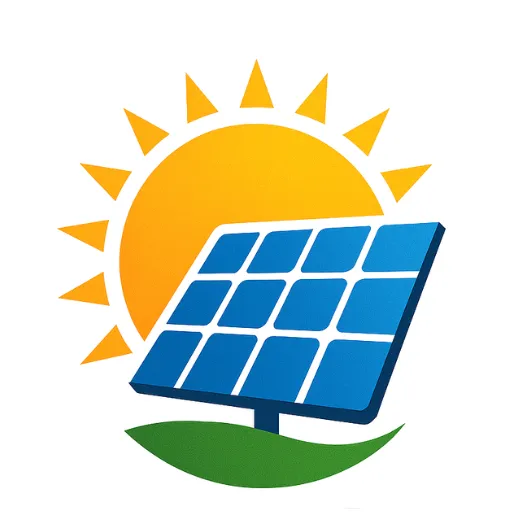IBC Solar Panels In regions where the sun blazes year-round, not all solar panels perform equally and that’s where IBC technology rises above the rest.
Heat Is the Enemy of Efficiency
While sunlight is essential for solar power, intense heat can ironically reduce a solar panel’s output. Traditional solar cells often suffer from performance loss as temperatures climb. This is where Interdigitated Back Contact (IBC) solar panels have carved a niche they are specially engineered to maintain high efficiency even under high-temperature conditions. Unlike conventional panels, IBC cells relocate all electrical contacts to the back, eliminating front-side shading and improving thermal performance.
Better Design Means Better Output
IBC panels use a more sophisticated cell architecture that reduces resistive losses and maximizes light capture. Their low-temperature coefficienttypically around -0.3% per °C is significantly better than standard panels, which often have coefficients between -0.4% and -0.5%. That may seem like a small difference, but over years of solar generation in a hot climate, it translates to thousands of extra kilowatt-hours of power.
Durability in Harsh Environments
Another reason IBC solar panels dominate in high-heat zones is their robust design and superior materials. With minimal degradation over time, they offer consistent performance and longer life. Many IBC panels come with warranties of 25 years or more, a testament to their resilience in regions like Rajasthan, California, or the Middle East places where summer temperatures regularly exceed 45°C.
A Future-Ready Investment
As climate change accelerates and heatwaves become more frequent, the demand for thermally stable solar solutions is only growing. Homeowners, businesses, and solar farms are increasingly choosing IBC panels not just for their superior efficiency but also for future-proofing their energy investment. With top-tier brands like SunPower and Maxeon leading the IBC charge, the technology is becoming more accessible and competitive in price.
Final Thoughts: If you’re planning to go solar in a hot-weather region, choosing IBC panels isn’t just smart—it’s strategic. Their ability to deliver top performance when temperatures rise makes them the preferred choice for those who don’t want to compromise on efficiency or durability.
Read More:
- 2025 Guide to IBC Solar Panels: Why Smart Buyers Are Choosing IBC in 2025
- Solar Panel Glare: Should You Be Concerned About Reflections from Your Solar Setup?
- What Are Heterojunction HJT Solar Panels? The Next Big Leap in Solar Technology
- Do Solar Panels Work on Cloudy Days? Here’s What You Should Know
- Bifacial Solar Panels: The Future of Dual-Sided Efficiency in 2025

